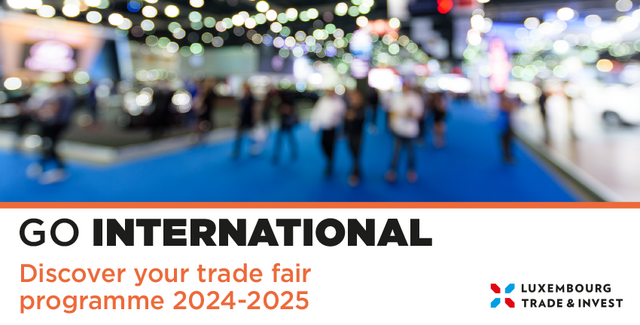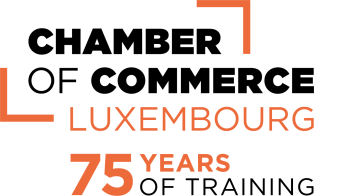

“Should Business Seek to Maximise the Return to the Treasury?”
The American judicial philosopher, who rejoiced in the name of Learned Hand, said that “Any one may so arrange his affairs that his taxes shall be as low as possible; he is not bound to choose that pattern which will best pay the treasury; there is not even a patriotic duty to increase one’s taxes”. A CEO has a fiduciary duty to increase the after-tax profits of his company and may even have consequent liability should he not endeavour to do so.
However, it is a global environment and the ability of companies to structure to maximise return to investors, many of whom have no connections to the countries where the revenue was generated, is seen as morally problematic. This becomes particularly controversial when viewed through the lens of the current downturn and its impact on the vulnerable across the globe, particularly in developing countries.
Ireland and Luxembourg are two small open economies which lack the economy of scale of larger countries and thus have a greater reliance on competing globally for FDI to find jobs for their citizens. They are now vulnerable as pressure mounts to curb what is positioned by some as harmful tax competition. Yet, it could be argued that this is simply small countries using their natural advantage of agility compared to the huge economies of other Member States. These larger Member States also compete for FDI emphasising both the size of their national markets and their fiscal attractiveness, be it in terms of low tax rates or special breaks for R&D investment.
This pressure on Ireland and Luxembourg is a break with the tradition that holds tax law as sacrosanct to the sovereign state. There are many developments which are signs of changes to come:
- New regulation which sees VAT on telecommunications, broadcasting and e-services charged to customers in the Member State where the services are delivered. This is contrary to the way VAT is traditionally applied, representing an anomaly in the Internal Market.
- The recent position taken by President Obama in describing American companies who engage in tax inversions as “corporate deserters”.
- The refusal of the USA to include financial services in the Transatlantic Trade and Investment Partnership (TTIP), which could prevent bailouts as happened in the motor industry.
- The Commission investigations of Ireland, Luxembourg and the Netherlands, using its competence in relation to state aid as a vehicle to examine the taxation of major corporations.
The Ireland Luxembourg Chamber of Commerce invites you to a roundtable where challenges to the sovereignty of small open economies, such as Ireland and Luxembourg, which compete globally will be discussed.
Keynote speaker: Ruairi Quinn T.D. and Former Minister of Finance
Panellists: Kevin Cardiff (Irish Member, European Court of Auditors), Nicolas Mackel (CEO Luxembourg for Finance), Jim Clarken (Oxfam Ireland, TBC)
Moderator: Keith O’Donnell (Managing Partner, Atoz)
Programme:
18.00 - Registration
18.30 - Welcome by ILCC Chairman, Joseph Huggard
18.35 - Opening remarks and introductions by Moderator
18.40 - Keynote speech by Ruairi Quinn T.D.
19.10 - Short contributions and comments from panel members
- Kevin Cardiff (European Court of Auditors)
- Nicolas Mackel (Luxembourg for Finance)
- Jim Clarken (Oxfam Ireland) – TBC
19.40 - Panel discussion
20.00 - Questions from floor
20.25 - Moderator summation and close
20.30 - Cocktail


